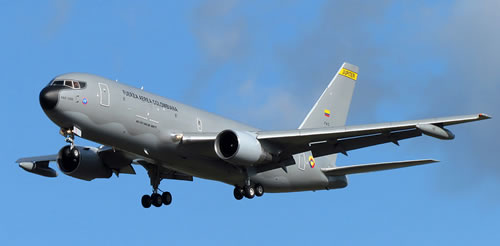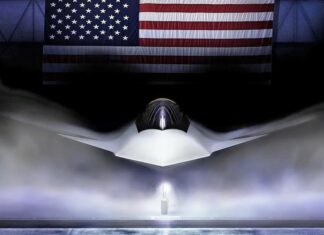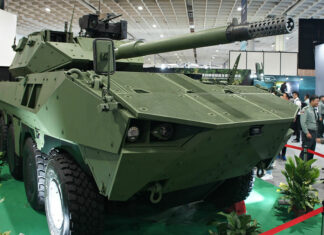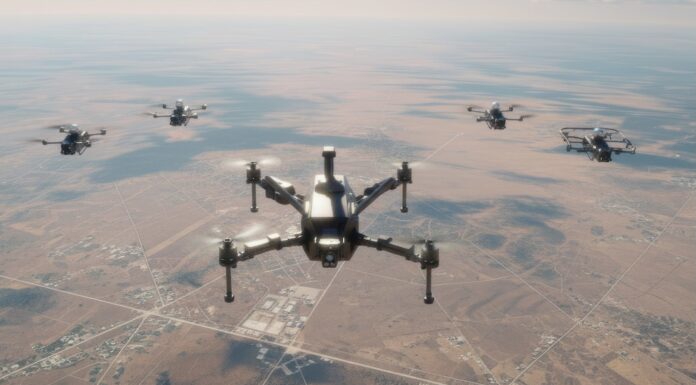

The Brazilian Air Force Command has selected Israel Aerospace Industries (IAI) to convert two Boeing 767-300ER commercial aircraft into military, multi-mission tanker and transport (MMTT) aircraft under project KC-X2. According to Israeli sources the conversion program will cover three aircraft with options for more in the future. The KC-X2 aircraft will replace four KC-137 (militarized Boeing 707) operating with the Brazilian Air Force since 1986.
The two MMTTs will support the Brazilian Air Force performing refueling, strategic troop and cargo transport, and aeromedical evacuation, according to the requirements formulated by the Brazilian Air Force. Each of the aircraft will be configured similar to the current KC-137 – with two refueling pods, used to refuel the current fighters operating with the Brazilian Air Force. It will also be compatible with any of the three fighters Brazil is considering for the future F-X2 program.
The Brazilian Air Force has embarked on the KC-X2 Project in 2008. Brazil currently operates the KC-137s were manufactured in the 1960s. Each of the aircraft is equipped with two refueling pods carried on the outer wing. These aircraft were supplied as military surplus by the US, and incorporated into the FAB in 1986, four are operating under the 2nd (Cosario) squadron, under the 2nd transport group at Galeao. (Only three are curntly operational).
IAI is offering the Boeing 767 in a flexible configuration comprising hose and drogue pods, boom or both. IAI has already delived a Boeing 767 tanker to Columbia, where it received the nickname ‘Jupiter’. the MMTT was delived as part of Kfir C10 upgrade package. IAI is also offering its boeing 767 MMTT to Poland. On typical conversions of MMTT configured aircraft IAI is buying the used aircraft from commercial airlines, overhaul and convert them into tanker-transport planes and certify the planes in their new configuration. “We consider the Brazilian Air Force an important strategic customer… we intend to work with a number of Brazilian companies as subcontractors for the program.” IAI President and CEO of IAI commented.



















